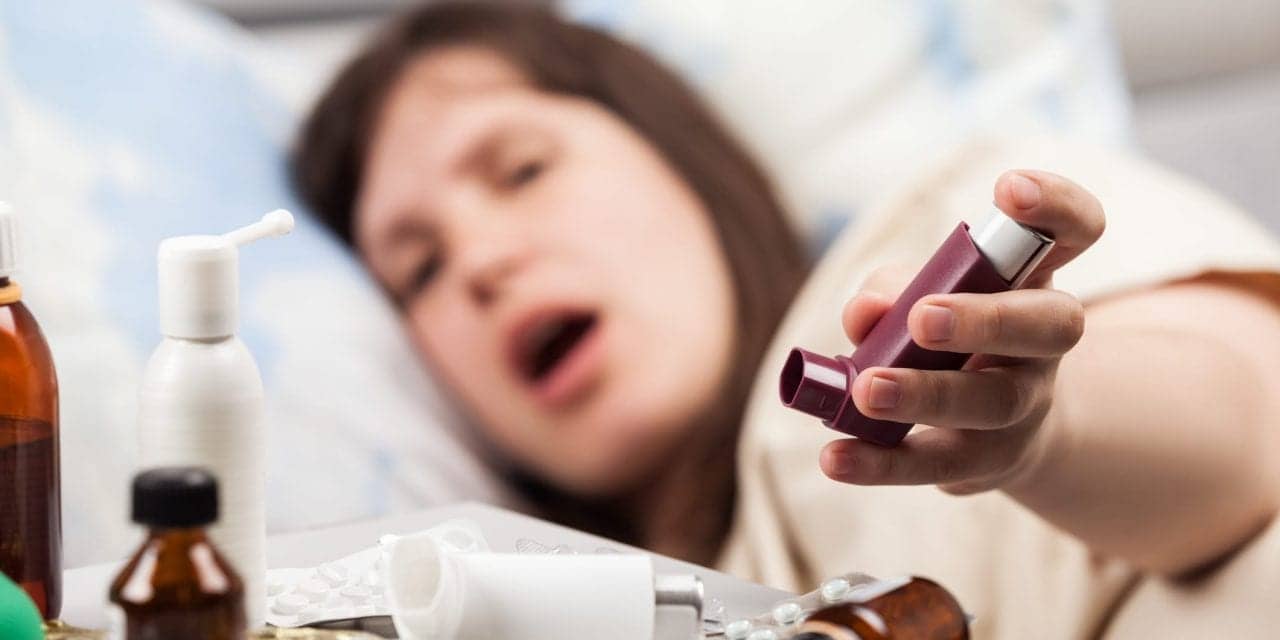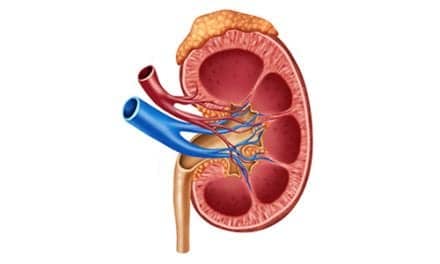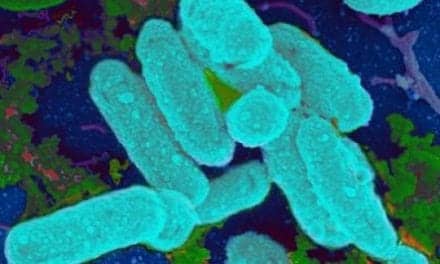Levels of inflammatory cytokines in patients with severe asthma may predict responses to the monoclonal antibody benralizumab, a study in the Journal of Asthma suggests.
The study included 17 patients with severe eosinophilic asthma who received benralizumab at a single Tokyo hospital between 2018 and 2019. Benralizumab 30 mg was administered via subcutaneous injection at baseline, at 1 and 2 months, and every 8 weeks thereafter.
Investigators collected blood samples, conducted pulmonary function tests, and administered questionnaires at baseline and after 1, 2, 4, and 6 months. In addition, the investigators measured blood cytokine levels in serum samples at each follow-up period.
Response to therapy was defined in this study as an increase in forced expiratory volume in 1 second of at least 10.4% from baseline to 4 months after treatment.










